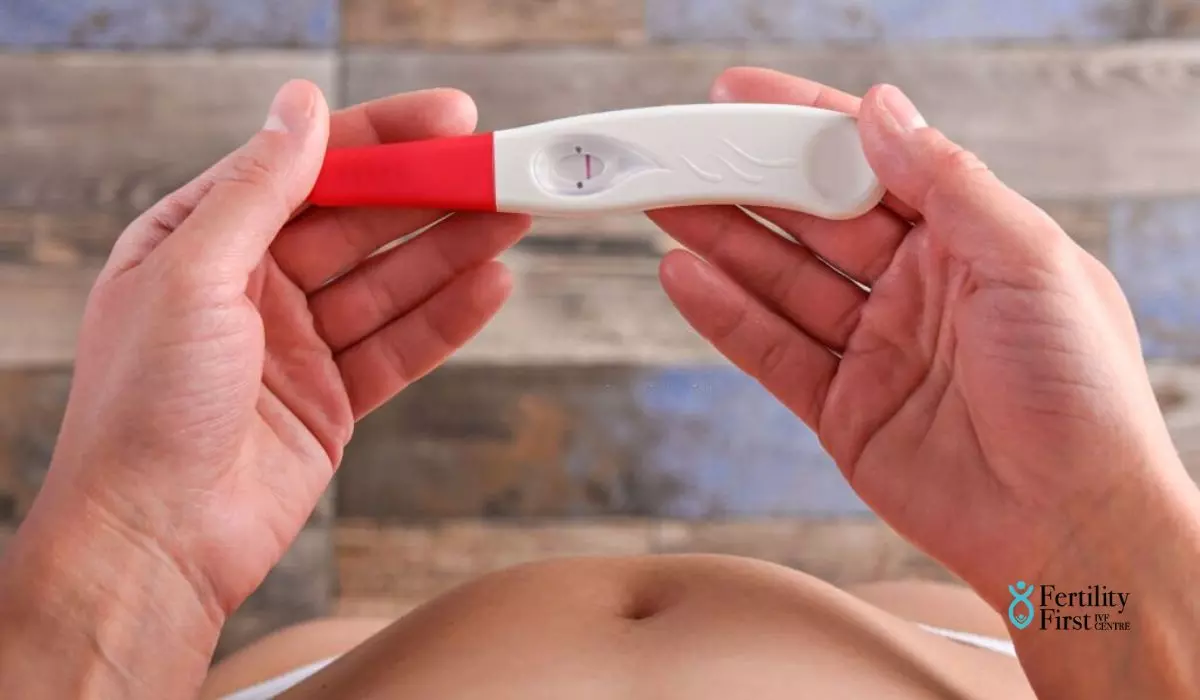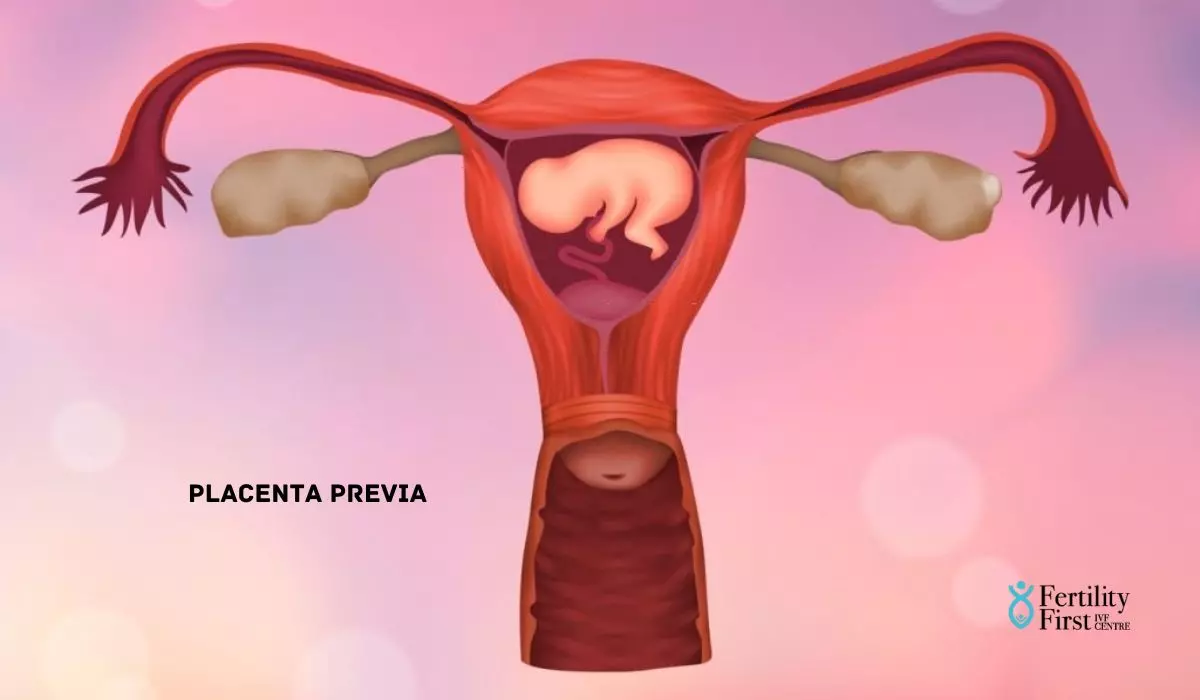Addressing Age-related Fertility Issues: Tips For Couples Trying To Conceive!

Age is regarded as the single most decisive factor affecting fertility. It affects both men and women who have passed a stage in life considered to be the least fertile. However, data from the available sources have been highly conclusive of the fact that age-related infertility affects women more than men.
Understanding Age-Related Fertility Issues In Men And Women
It should be noted here that, the fertility rate in women starts to decline by the time she reaches 30 years, more so when she goes past 35. In men, however, the risk of infertility tends to increase, later than in women, when he passes 45 years.
In women, pregnancy-related complications are significantly higher when compared to their male counterparts. It is also interesting to note here that a man’s age significantly influences or affects the chances of conception in his female partner. This statement has further instilled the need to gain an understanding of how age affects fertility in men and women based on their age.
| Age-Related Fertility Issues in Men and Women | |
| Men | Women |
| Infertility issues emerge over 45 years | Fertility rate starts decreasing at 30, to become more prominent past 35 years. |
| A man younger than 40 can successfully make his partner pregnant without requiring any assistive reproductive techniques. | Though below 30 is the most suitable age for a woman to conceive, she can still naturally get pregnant as long as she is younger than 35. |
| A man aged beyond 45 can successfully make his partner conceive. However, this will highly put the latter at risk of developing pregnancy-related complications. | Women older than 35 are more exposed to miscarriages than those aged below the stated years. |
The exact age of every man and woman at which they begin experiencing fertility-related issues may vary from that presented above. It would also be worth pointing out here that women over 30 years old are 20% likely to conceive every month. However, this gradually reduces to 5% by the time she reaches 40 years of age.
As stated above, a man’s age significantly influences/affects the possibility of his partner conceiving. Men above 45 years old are likely to put their spouses at risk for miscarriages.
Risks Associated With Age-Related Fertility Issues
To date, pregnancy and birth have been known to be the most impacted by risks associated with age-related fertility issues. The union of poor-quality or damaged eggs and sperm may cause babies to be born with birth defects and genetic abnormalities.
Parents older than 40 also cannot rule out the possibility of bearing children with mental health disorders, such as autism. Of note, such problems tend to arise when it is the father who is over 40 years old. On the other hand, age-related fertility issues in women trying to conceive above 35 are prone to various pregnancy issues.

These include gestational diabetes, placenta previa, placental disruption, stillbirths, and cesarean delivery. Also, as stated earlier, miscarriage and pregnancy-related complications prevail in women older than 35. These facts do entail the unlikelihood for older couples, i.e., above 40 years, to get pregnant via natural means. However, as luck would permit, assisted reproductive technologies, such as IVF and ICSI can still be considered.
Role of Assisted Reproductive Methods In Inducing Pregnancy After 40
When all possibilities of natural pregnancy diminish for couples above 40, these require looking for alternative ways of conception. Natural IVF and Mild IVF are two of those procedures that older men and women typically look for to conceive. It is worth noting that procedures like these enhance the chances of conception by 9% and 20% respectively.
- Natural IVF: Women or intended parents opting for Natural IVF are those whose fertility is largely compromised by their age. It is called ‘Natural’ IVF because the procedure does not require any fertility drug administration. The most striking feature of this technique is that it works on all couples plagued with infertility. This procedure works by simply following the maturation of follicles and the release of eggs. The next step is egg retrieval, and this should take place before the natural ovulation process. Natural IVF aims to fetch healthy eggs to result in the birth of a healthy baby. For no medications utilized, Natural IVF renders a holistic approach to address fertility issues in couples aged above 40. Reducing side effects from the procedure is yet another significant attribute of Natural IVF.
- Mild IVF: As the name goes, Mild IVF utilizes fertility drugs in small doses to achieve a mild response. This applies to women who prefer to be put on minimum medication to reduce risks related to Ovarian Hyperstimulation Syndrome. Mild IVF thus causes a reduced physical and emotional impact on those opting for minimal drug exposure during the procedure.
Success Percentage Of IVF In Couples Above 40
Natural and Mild IVF each carry success percentages of 9% and 20% for partners above 40. and seeking fertility treatments. Nevertheless, one should not wholly rely on these procedures for reasons that the success rate also depends on specific personal criteria, such as ovulation and the retrieval of healthy eggs, sperm quality, and sperm count. It also depends on a woman’s medical history and fertility rate. Since a woman’s fertility rate decreases when she advances in her age, this may likely affect her success with IVF.
Conclusion
Age indeed affects a woman’s capability to conceive on a spontaneous note. Being a prominent factor determining fertility in both men and women, it mostly impacts women. This is because those above 35 years find it impossible to conceive in natural ways compared to the ones below the stated age. There indeed lies a wide age gap between men and women when they start to lose their ability to become fertile. Also, one’s advanced age affects the other’s fertility rate. A father who is aged above 40 is likely to produce a child with mental health disorders regardless of the conception method chosen. Natural IVF and Mild IVF are the two most viable fertility treatments for partners above 40. However, due to its success percentage of 20%, Mild IVF would effectively help solve fertility issues in the concerned partners.